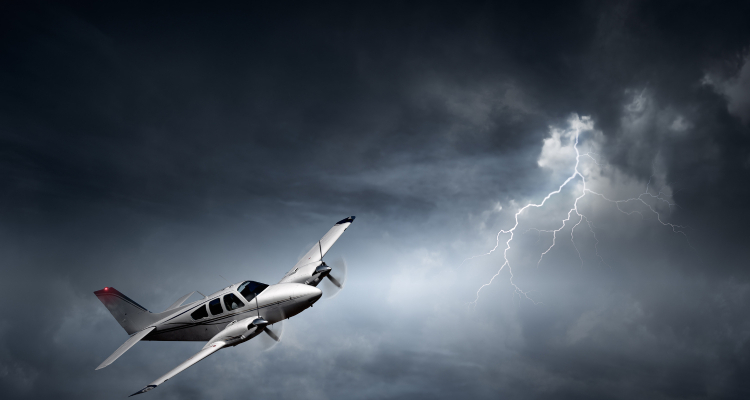
One of the cornerstones of flight training is learning how to handle emergencies. While no pilot ever wants to encounter an emergency situation, being well-prepared can make a significant difference when it comes to ensuring the safety of both the aircraft and its occupants. This article will delve into the importance of mastering emergency procedures and offer tips on how to integrate these crucial skills into your flight training.
Why Are Emergency Procedures Important?
Understanding how to manage emergency situations is not just a regulatory requirement; it's a life-saving skill set. Effective emergency management can be the difference between a near-miss and a catastrophic event. Training for emergencies ensures that pilots can react promptly and effectively, minimizing risk.
Types of Emergency Procedures
Engine Failures
Engine failures are a pilot’s worst nightmare but knowing how to glide the aircraft safely to a landing can save lives.
In-Flight Fires
Whether electrical or fuel-related, understanding how to tackle in-flight fires is crucial. This includes knowing how to use fire extinguishers and when to initiate emergency descents.
Instrument Failures
Should your instruments fail, it's essential to know how to fly the aircraft by basic "seat-of-the-pants" methods and visual references.
Medical Emergencies
First-aid training can be vital if a passenger or even a co-pilot becomes unwell during the flight.
Incorporating Emergency Procedures into Training
Simulated Scenarios
Use flight simulators to practice emergency scenarios. These simulators replicate real-life conditions, helping you develop muscle memory for emergency situations.
Instructor-Led Drills
Participate in regular drills led by your instructor. These can range from simple emergency landings to more complex multi-system failures.
Study and Review
Constantly review your aircraft's emergency procedures checklist. Ensure you're familiar with all controls, switches, and actions required in different emergency scenarios.
Frequently Asked Questions
Why is mastering emergency procedures critical in flight training?
Mastering emergency procedures is crucial for ensuring the safety of the aircraft and its occupants during unforeseen situations.
What types of emergency procedures should pilots be familiar with?
Pilots should be well-versed in handling engine failures, in-flight fires, instrument failures, and medical emergencies.
How can one incorporate emergency procedures into flight training?
Using flight simulators, participating in instructor-led drills, and consistently reviewing emergency checklists are effective ways to integrate these skills into your training.
Conclusion
Mastering emergency procedures is an invaluable aspect of becoming a proficient and confident pilot. The more you prepare, the better equipped you'll be to handle emergencies effectively and safely.
